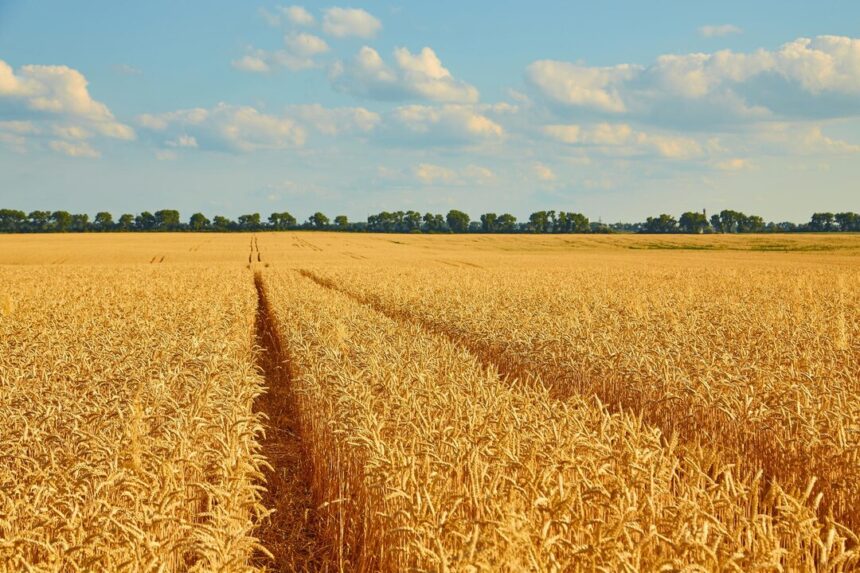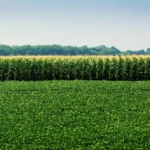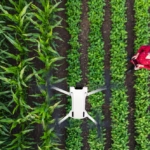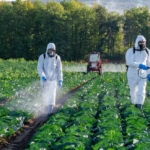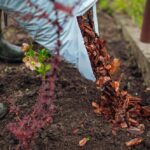The Free State province of South Africa is renowned for its vast agricultural landscapes and fertile soil, making it a prime location for crop cultivation. With its temperate climate, ample sunshine, and well-drained soils, the Free State offers favorable conditions for a wide range of crops. From grains and vegetables to fruits and legumes, farmers in the region have a plethora of options when it comes to selecting suitable crops. Let’s explore some of the most suitable crops for cultivation in the Free State:
- Maize (Corn):
Maize is one of the most important crops grown in the Free State, contributing significantly to the region’s economy. With its warm summers and moderate rainfall, the Free State provides ideal conditions for maize cultivation. The crop is used for both human consumption and livestock feed, making it a versatile and profitable option for farmers. - Wheat:
Wheat is another staple crop grown in the Free State, particularly in the cooler highland areas. The province’s winter rainfall and well-drained soils are conducive to wheat cultivation, producing high-quality grain used for baking bread, making pasta, and other food products. - Sunflower:
Sunflower farming is a common practice in the Free State, thanks to the region’s abundant sunshine and fertile soils. Sunflowers thrive in warm, dry conditions, making them well-suited to the Free State’s climate. The crop is cultivated for its oil-rich seeds, which are used in cooking oil, margarine, and animal feed. - Soybeans:
Soybean cultivation has gained popularity in the Free State due to its high protein content and versatility. The province’s warm summers and fertile soils provide optimal growing conditions for soybeans, which are used in various food products, including tofu, soy milk, and animal feed. - Potatoes:
Potatoes are well-suited to the Free State’s temperate climate and well-drained soils, making them a popular crop among local farmers. The province’s cool winters and moderate rainfall provide ideal conditions for potato cultivation, yielding high-quality tubers used for fresh consumption and processing. - Lucerne (Alfalfa):
Lucerne is a valuable forage crop grown in the Free State for hay production and livestock feed. The province’s warm summers and irrigation infrastructure make it an ideal location for lucerne cultivation, providing a reliable source of high-protein fodder for cattle, sheep, and horses. - Barley:
Barley cultivation is common in the Free State, particularly in the cooler highland regions where the crop thrives. The province’s winter rainfall and fertile soils support robust barley production, with the grain used for brewing beer, making malt, and feeding livestock. - Sorghum:
Sorghum is a drought-tolerant crop that performs well in the Free State’s semi-arid conditions. The province’s warm temperatures and low rainfall are conducive to sorghum cultivation, producing grain used for human consumption, animal feed, and ethanol production. - Beans:
Beans are well-suited to the Free State’s warm summers and fertile soils, making them a popular crop choice for local farmers. The province’s moderate rainfall and irrigation infrastructure support bean cultivation, with varieties such as kidney beans, black beans, and sugar beans grown for both domestic and export markets. - Peanuts (Groundnuts):
Peanuts are grown in the Free State for their oil-rich seeds, which are used in cooking oil, peanut butter, and confectionery products. The province’s warm temperatures and well-drained soils provide optimal growing conditions for peanuts, making them a profitable crop for farmers.
The Free State province offers favorable conditions for a diverse range of crops, allowing farmers to cultivate high-quality produce for local and international markets. From staple grains like maize and wheat to specialty crops like lucerne and peanuts, the region’s agricultural sector plays a vital role in driving economic growth and food security. With its rich agricultural heritage and commitment to innovation, the Free State continues to be a leading producer of crops that nourish both people and livestock alike.


